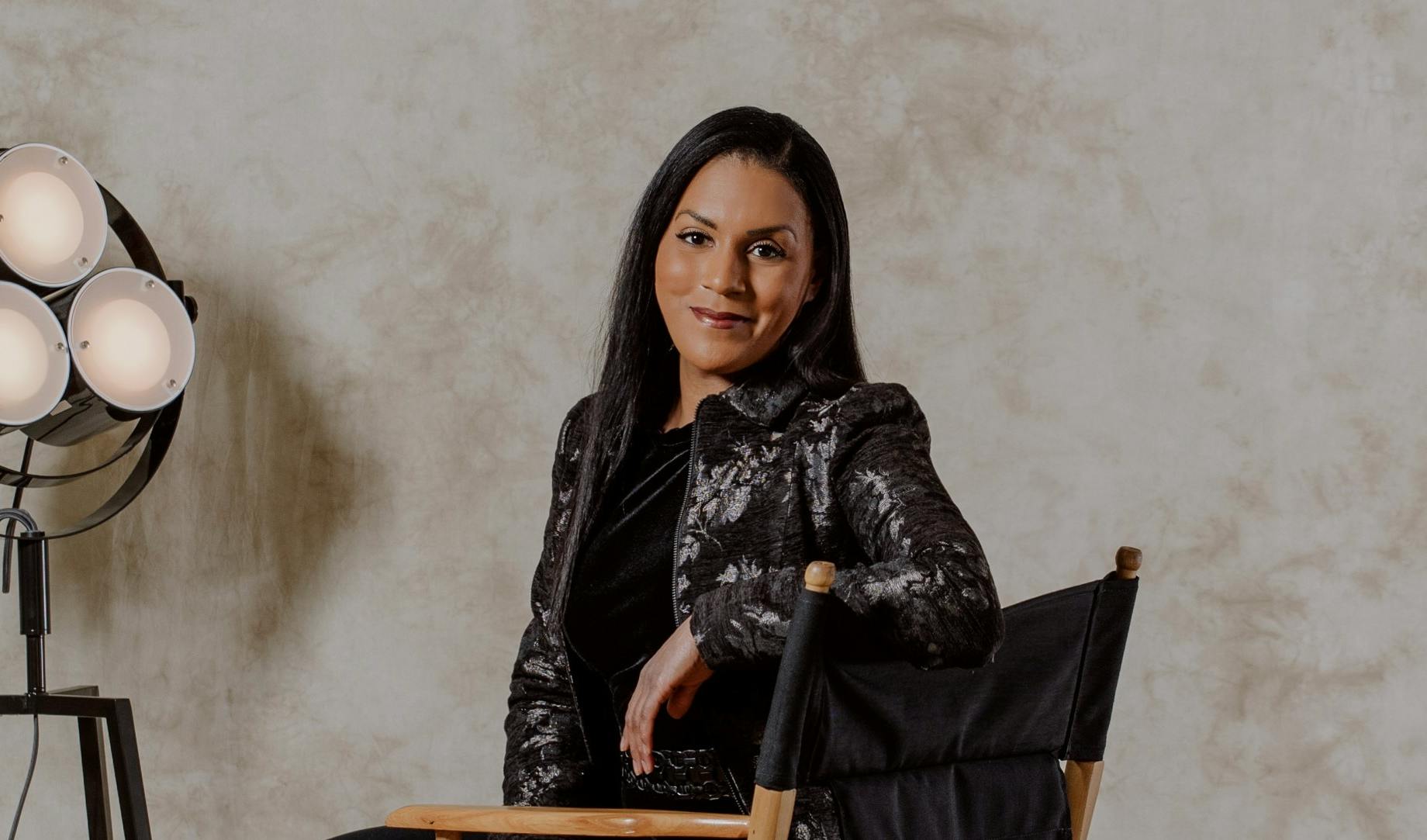
How to build an internet-based business | Serial entrepreneur, investor and Dunelm Plc Non-Executive William Reeve
William Reeve is a serial entrepreneur and investor behind successes including LOVEFiLM, Secret Escapes, Graze.com and Zoopla to name a few. He also sits on the board of Dunelm Plc. Following his appointment as Chair of Nutmeg, we discuss how to build a successful internet-based business.
William Reeve is an internet-focused entrepreneur who has built two successful businesses (Fletcher Research, LOVEFiLM.com) from scratch to successful exits. CEO of Goodlord.co, one of the UK's leading 'prop tech' companies, Chairman of Nutmeg and NED at Dunelm Plc. He is a former NED/investor in numerous high-growth companies including CMA, Graze, Smart Pension, Secret Escapes, and Zoopla. And former NED, Head of Operations and indeed Undercover Boss at Paddy Power Plc.
What makes you so successful at starting and identifying new businesses that scale?
I have always taken quite an old fashioned approach to identifying a good business, certainly relative to others in the internet and tech sector. There are no good original ideas. Most of the successful businesses I am interested in are those who make money (at least at the unit economic level) and with a strategy to win (they are creating barriers to entry or strong competitive advantage). Both LoveFilm and Graze.com had over fifty percent gross margins and strong competitive advantages. Whereas you won’t see me investing in crypto or ad-funded businesses.
The three key questions I always ask myself about a new business are “why are you going to win?” “why now?” and “if nobody else is doing it, why not?”. For example, when we started LOVEFiLM, Netflix had already launched and there was lots of publicly available documentation explaining the unit economics. That made for a very clear business model to go after but there were four people doing it in the UK and I didn’t want to be number five. So I didn’t go straight in but thought about how would we could create a competitive angle. That problem was solved when I met my co-founder Alex Chesterman who sourced a commercial deal similar to what Netflix had done which provided us with a promotional exclusive deal to get into one third of all DVD players in the UK. We used that deal to recruit a team and raise money.
We started Graze.com (who would ever have thought that sending snacks in the post was a good idea?!) because it leveraged a lot of insights we gained through LOVEFiLM. The founder/CEO, who was working at LOVEFiLM at this point, was quick to identify various opportunities that arose when Royal Mail changed their postal rates which suddenly made a business like Graze.com possible. We also had the knowledge of proprietary warehouse technology to optimise cost structure to the nth degree and we had patents on the packing to send fruit in the post. However, we didn’t have good answers about why we would succeed if someone copied us. As a result we were very secretive. But by the time people started trying to copy us we had enough scale and range (olives, flapjacks etc) so no individual supplier was able to match us.
One of the patterns I like matching on is a discontinuity in the market. Some of the best opportunities surface when there is a regulatory change. For example, Smart Pension was all about getting onto the auto enrollment changes. At Goodlord, one of the regulatory changes is the tenant fee ban which is causing a headache for a lot of estate agents.
Having been a success as both a CEO, NED and Chair, what value do you see the board adding?
There is an aspect to boards which involves a governance and compliance hygiene factor. I have seen some companies treat their boards like that and it’s a disaster. As a non-executive on a good board, it is the best leveraged use of your time you will ever enjoy because you get a set of structured reading material in advance, a seat at the top table in a collegiate environment trying to do the right thing for the company, considering the most important issues with a cast of characters who bring ‘value add’ and constructive challenge. As an executive, a good board meeting might last 2-3 hours but can create or avoid significantly more value than any 2-3 hours you will ever spend elsewhere on the business. It helps you to think laterally in a way that’s impossible when you have your head in the execution.
It’s also worth distinguishing between two very distinct types of non-executive - those who are there because they invested and those who are there as true independent directors, solely because they add value. The UK Governance framework is missing a trick - all directors are supposed to have a fiduciary duty and yet investors are typically on the board which creates a conflict, especially in the early stage. The investor directors are very different and are sometimes confused about their role. I always pay a lot of attention to the investment discussion round on board composition and pushing back on investors automatically getting seats or retaining observer rights because these dynamics really do alter the conversation.
Everyone looking to scale is thinking about digital marketing as a growth driver, few seem to get it right. What are your perspectives on the opportunity and the pitfalls?
Again, I’m quite old fashioned. Just because you are an online business does not mean all your marketing should be online. At LOVEFiLM at least half of our marketing was offline and that was one of the reasons we beat the competition. Just because online marketing is easy, it does not mean it’s the be all and end all. A lot of people need reminding of that.
The tried and tested disciplines remain critical - you have got to get your 5 x P’s right (Product, Price, Promotion, Positioning and People). It’s a complicated blend of art and science. Online and digital allow you to measure things better, test things faster, segment audiences more finely, run different versions of your product for different users etc. But I don’t think the underlying mindset has changed as much as the tools. If your product sucks, or your pricing or positioning is wrong, no amount of marketing wizardry is going to help you.
Graze’s early success came through word of mouth - but we supported it through technology so we could really analyse our cohorts in a way that the average FMCG business couldn’t compete with. But if you stripped it back to the basic experience, it was about someone opening a box filled with a surprise, being delighted, in front of friends who then asked about it. Pretty old fashioned concept!
What have you learned about building successful startup teams and do you have a formula for managing them?
I’m a big believer in clear objective setting and linking pay to objectives. If Finance can’t do monthly pay because someone hasn’t done their performance review, performance reviews get done! If Finance pays regardless on whether performance reviews are done, the weak managers don’t bother with them. Whether you call it OKRs or whatever, having some system of levers rather than strings is critical.
I’m also a big believer in stock options as a compensation tool. They are one of the reasons we can compete against the big corporates who can always pay more in cash terms.
I have worked with people again several times - it’s hard to beat the devil you know. If I have a good relationship working with someone and I know they are good, I will do my best to keep them. I’m flexible on working arrangements for good people and treat people as individuals rather than adopting a computer-says-no mentality.
What’s the best professional advice you ever received?
A tactical piece of advice from a corporate finance banker before I sold my first business “double your pay straight away and make sure you have an employment contract to document that but don’t take the increase out as cash but let it rack up as debt in the business.”
How did you hear about Nurole?
Another non-executive director I work with raved about the platform as she was impressed by the model.
How have you found the experience as a member?
It has been absolutely terrific. I have always had an interest in investment - I’ve always had a geeky interest in asset management but never had that on my CV so a classic headhunter would never have realised I was interested in a role like Nutmeg. The traditional model for non-executives misses a load of the talent out there - the moment you post it you get a completely different talent pool, bringing into the open things that have been behind closed doors. I am great a believer in transparency and meritocracy.
Let's finish with a few quick fire questions...
Favourite book?
Jones Clavelle, Shogun.
Favourite quote?
“Only when the tide goes out do you discover who has been swimming naked,” Warren Buffett.
Favourite holiday?
Taking my nephew and niece to visit Japan as teenagers.
What do you do to have fun?
Travel.
Favourite app?
Google maps.
When did you last cry?
In November at a close friend’s funeral where I had to give my first eulogy.
If you are looking for senior executive and non-executive director roles, Nurole's innovative recruitment platform can help.






